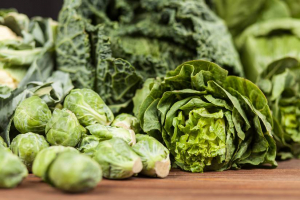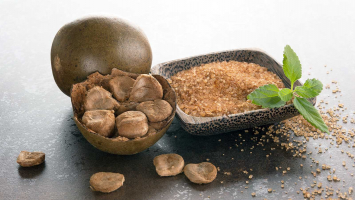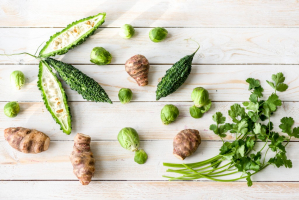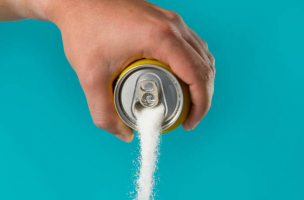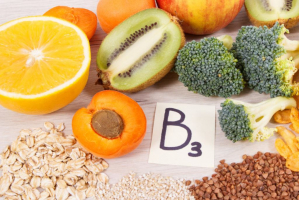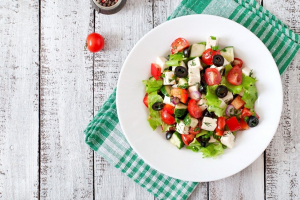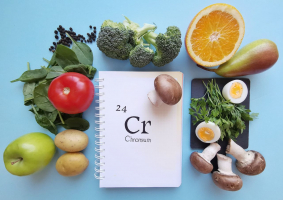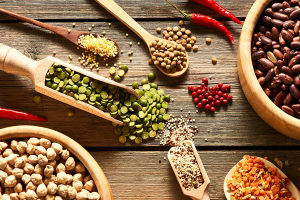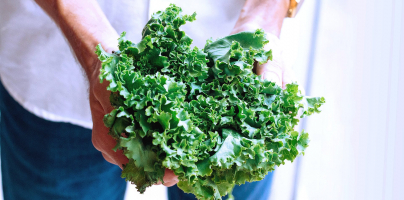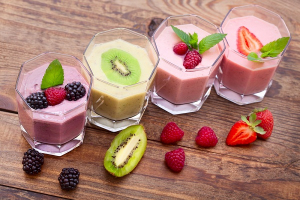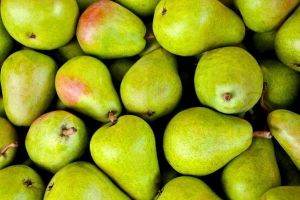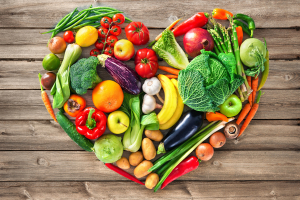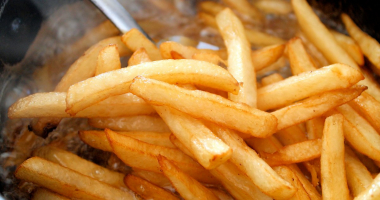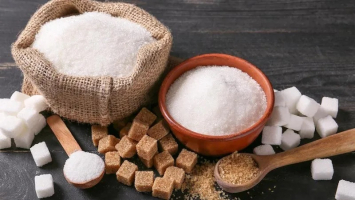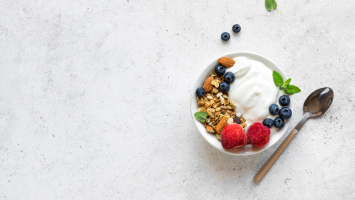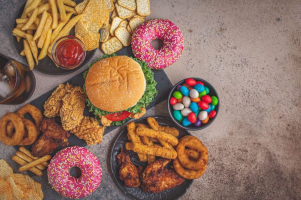Top 10 Surprise Foods That Are Bad For Your Health
Finding nutritious foods in grocery aisles has become more difficult as more and more products that are advertised as being healthy are put on the shelves. In ... read more...order to appeal to customers who are attempting to make healthier choices, companies frequently use wording on product labels and in their marketing. Labels may make the following claims: low fat, vegan, gluten-free, and low carb. Unfortunately, just because a food is labeled with words like these or is generally regarded as healthier than other foods doesn't imply it will be helpful to you. The following list of foods below shows that they might not be as healthy as their advertising claims.
-
Granola and granola bars have long been promoted as "healthy" foods. Granolas and granola bars vary in their nutritional value, but many are loaded with added sugar and have a lot of calories.
The Food and Drug Administration recommends 50 grams of sugar as the recommended Daily Value (DV) for someone who consumes 2,000 calories daily. Consuming too much-added sugar can increase the risk of various health conditions in both adults and children, so it's essential to restrict your intake as much as you can for optimal health. These health issues consist of obesity, fatty liver and heart disease. Make your own granola and granola bars at home as an option instead of buying premade granola from the supermarket. Nutritious components like almonds and oats can be used, while dried fruit can be used to add sweetness.
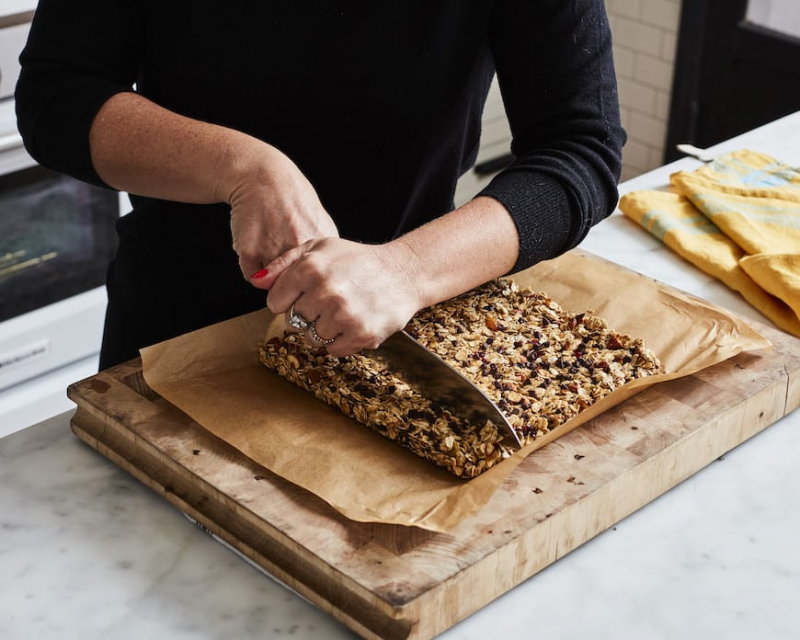
Granola and granola bars 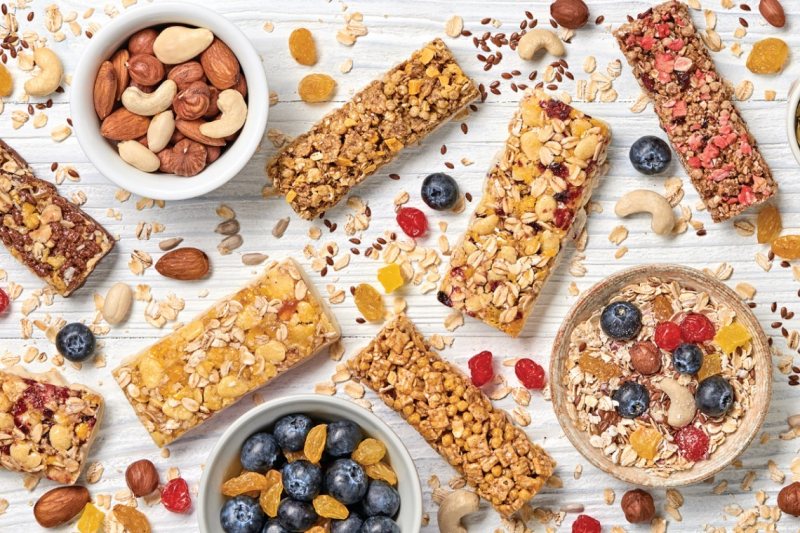
Granola and granola bars -
Yogurt can be a nutritious food, but it's preferable to choose plain yogurt whenever you can. For instance, yogurt that is only flavored with fresh fruit is unquestionably a great snack option. However, most of the flavored yogurts you buy in the supermarket are loaded with added sugar and sweeteners.
Yogurts with flavors and "fruit on the bottom" can have surprisingly high sugar content in just a small serving. Some yogurt brands contain over 20 grams of added sugars per serving. There are even more options for yogurts with candy toppings and "flip-style" yogurts. Your best bet is to avoid flavored yogurt and reach for the plain variety Try topping unsweetened yogurt with fresh fruit to add a little natural sweetness rather than choosing sweetened yogurt.
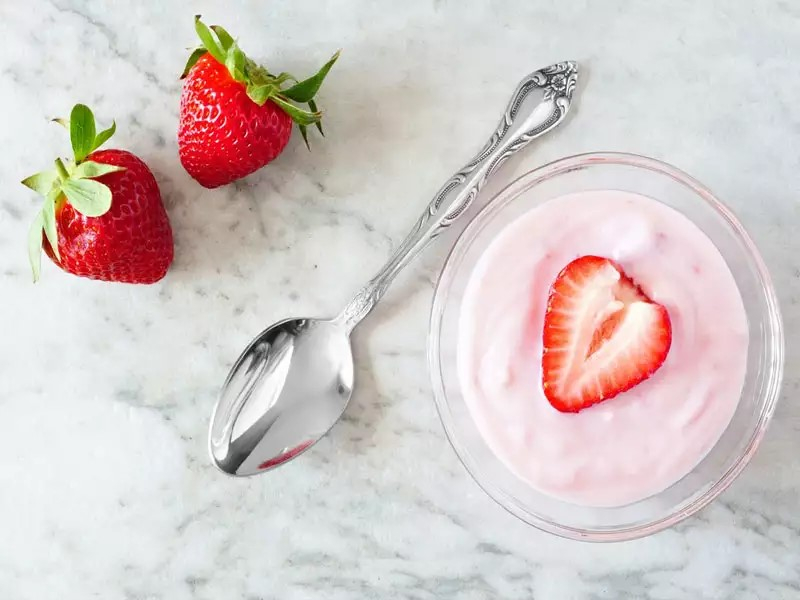
Flavored yogurts 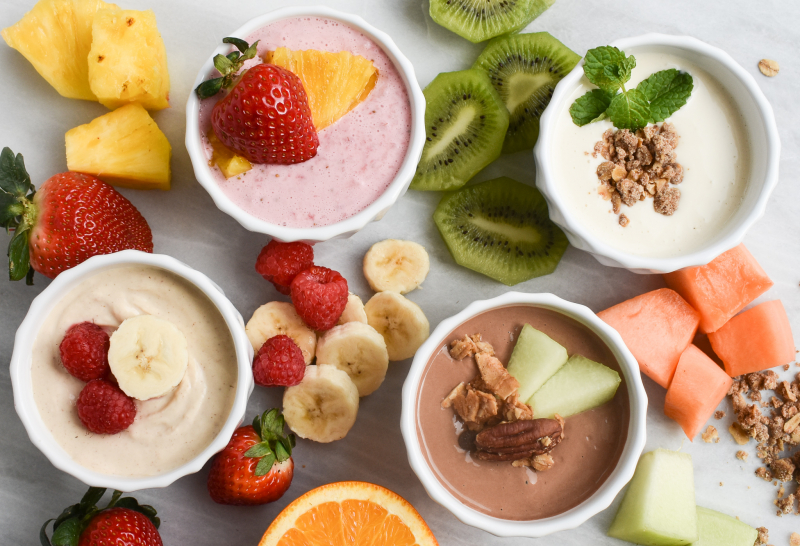
Flavored yogurts -
Many people believe that a food or beverage is healthier if it has a higher protein content than it does. Unquestionably healthful options include some naturally high-protein foods like fish, eggs, and beans. Protein drinks and bars might not be as healthy as some people think, though.
Many healthy adults who eat balanced diets don't require additional protein supplements. However, people who are physically active and those who eat vegetarian and vegan diets might benefit from including additional protein in their diets. If you do require additional protein, increasing your intake of foods high in protein may help. Additionally, many of these products are loaded with unnecessary ingredients and added sugar, such as artificial sweeteners, artificial colors, oils, thickeners, etc.
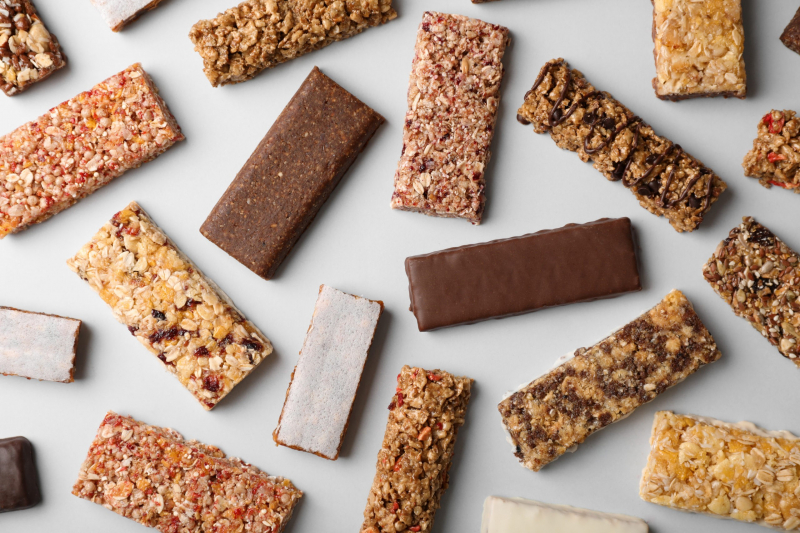
Protein drinks and bars 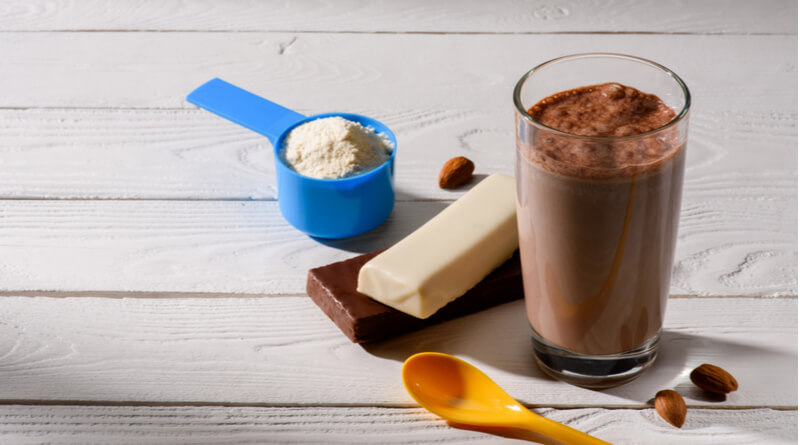
Protein drinks and bars -
While companies promote sport drinks and energy drinks as ways to boost energy and athletic performance, most people don't need these drinks. They may also contain significant amounts of stimulants like caffeine, added sugar, and artificial colors.
While some athletes do require sports drinks to replace lost nutrients after intense exercise, the majority of people who engage in moderate exercise or just regular daily activity do not require them to stay hydrated. Some sports drinks have a surprisingly high sugar content that exceeds the Daily Value (DV) for added sugar. These drinks are successfully marketed to children and teenagers, which is concerning given that studies have connected drinking sweetened beverages to health problems in children and teenagers, such as high blood pressure, fatty livers, and obesity.
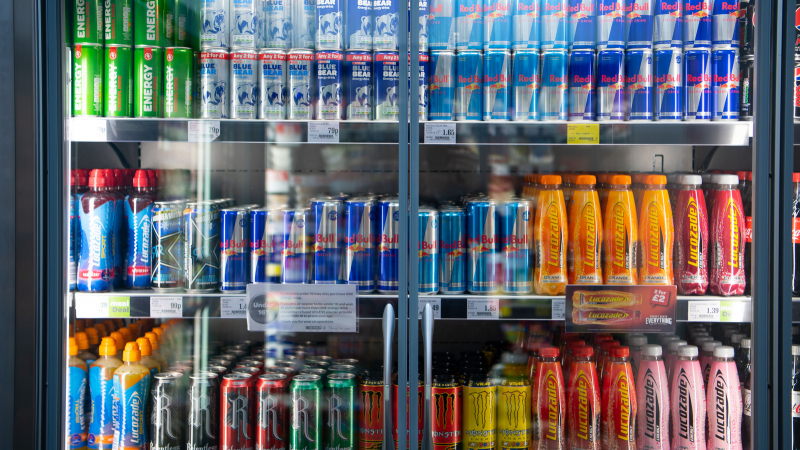
Sports drinks and energy beverages 
Sports drinks and energy beverages -
Gluten must be avoided by those with diseases linked to gluten. However, food is not always healthier than food that contains gluten even if it is labeled as gluten-free.
Some processed gluten-free snacks and sweets have the same amount of calories and added sugar as other snacks. Furthermore, research shows that compared to their gluten-containing counterparts, gluten-free snacks and other products typically include fewer protein, fiber, specific vitamins and minerals. Besides gaining weight and putting yourself at risk for several diseases, you may become nutrient deficient. Therefore, buying gluten-free products may result in you paying more for snacks that have a lot of extra fat and sugar but offer no additional health benefits. Additionally, they are usually more expensive.
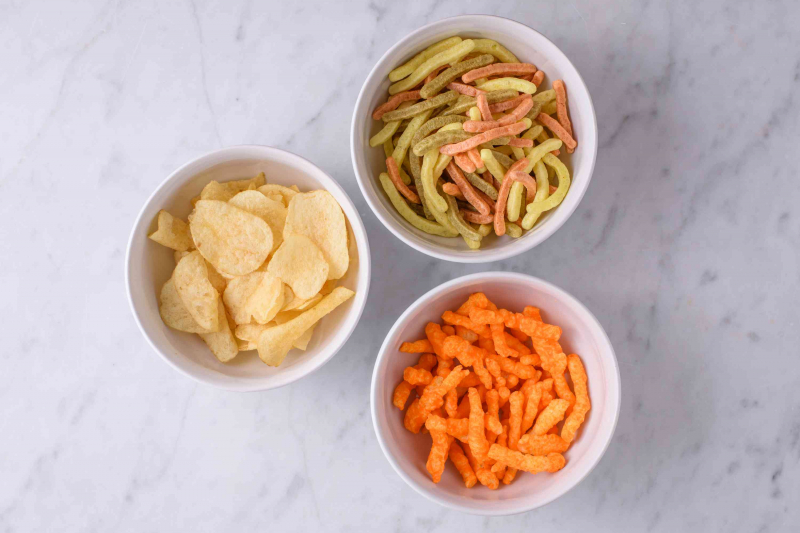
Gluten-free snack foods 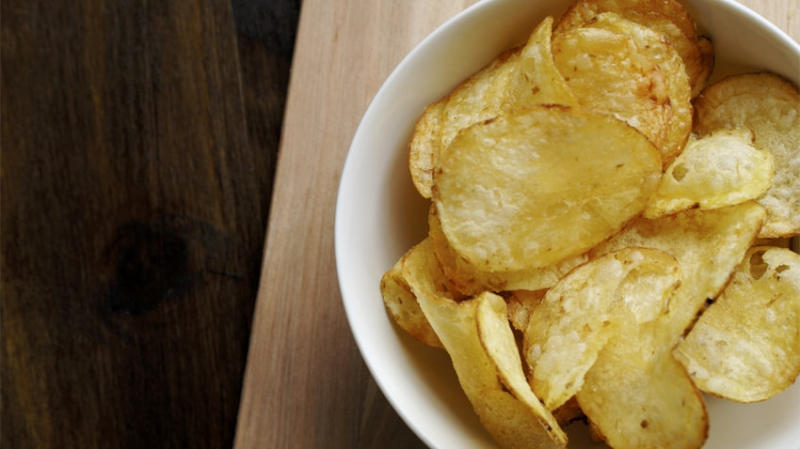
Gluten-free snack foods -
Many people associate the term “low fat” with health or healthy foods. But you should keep in mind that food is not necessarily healthier just because it contains less fat.
Unfortunately, foods marked "fat-free", "reduced fat" or "low-fat" don't necessarily mean they are calorie-free, and they frequently include fillers like salt, sugar, and additives that subtract from their nutritional value. In low-fat and fat-free products, sugar is frequently used in place of fat to make up for flavor loss. Furthermore, because fat is a macronutrient that increases feelings of fullness and makes food more enjoyable to consume, fat-free products may be less filling than their full-fat versions. Eating nutritious foods with a high-fat content will help you realize the benefits of fats, which are an essential part of your diet.
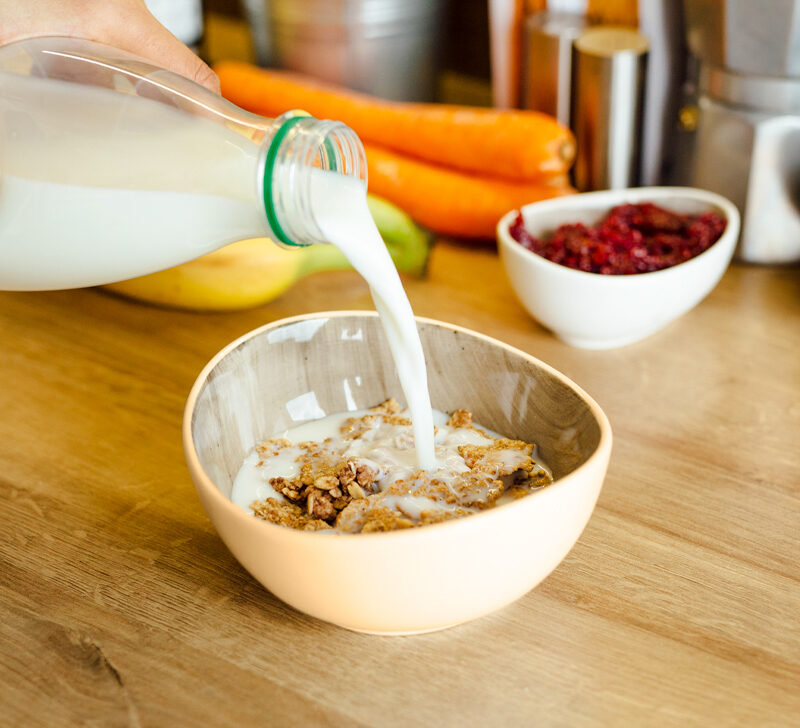
Some low fat and fat-free products 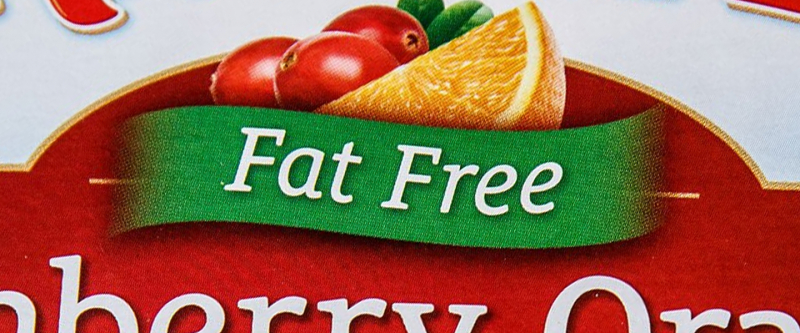
Some low fat and fat-free products -
Many people believe that eating breakfast cereals is a wise way to begin the day. But this isn't always the case. In fact, a lot of breakfast cereals include a lot of added sugar, lack satisfying ingredients like protein and fiber, and are made from refined grains. Even cereals marketed toward adults often include a lot of added sugar.
Breakfast cereals are promoted as being healthy, with labels like "low-fat" and "whole-grain" showing on the packaging. However, refined grains and sugar are frequently mentioned as their first two ingredients. These goods are not nutritious just because they contain a little whole grain. And consuming a lot of cereal, especially as part of a diet with a lot of added sugar, is not good for your heart. Diets rich in added sugar, however, probably have the opposite impact.
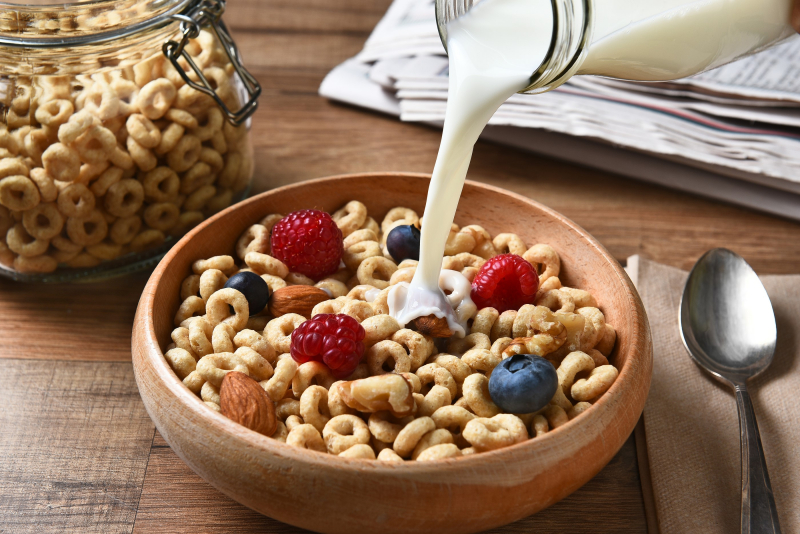
Breakfast cereal 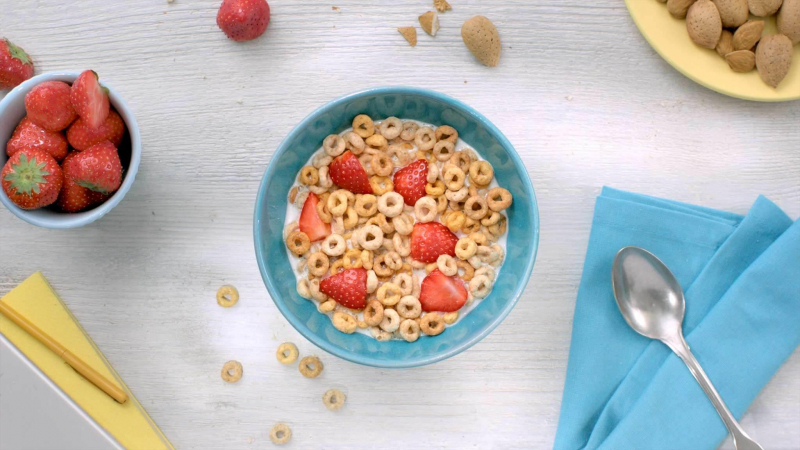
Breakfast cereal -
Both omega-6 and omega-3 fatty acids, such as eicosapentaenoic acid (EPA) and docosahexaenoic acid (DHA), are necessary for your body to function. Unfortunately, the ratio of omega-6 fats in modern diets is about 20:1, which is much more than what the body actually requires. This imbalance in the omega-6 to omega-3 ratio has been linked to systemic inflammation, and studies have revealed that it may increase the risk of disease.
Most people who eat a Western diet eat a diet high in fats containing omega-6s but don't get enough omega-3s. It is therefore advised to restrict your consumption of foods high in omega-6 fats. These consist of soybean oil; corn oil; sunflower oil; products made with these oils, including many processed, prepackaged foods; etc. Increasing your omega-3 intake is another option. Among the best sources of omega-3s are flaxseed oil; fatty fish, like salmon; walnuts; etc.
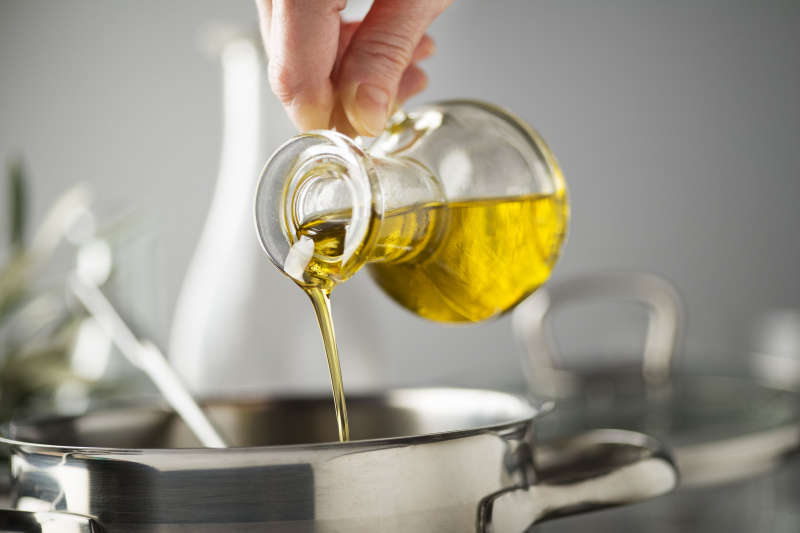
Some vegetable oils 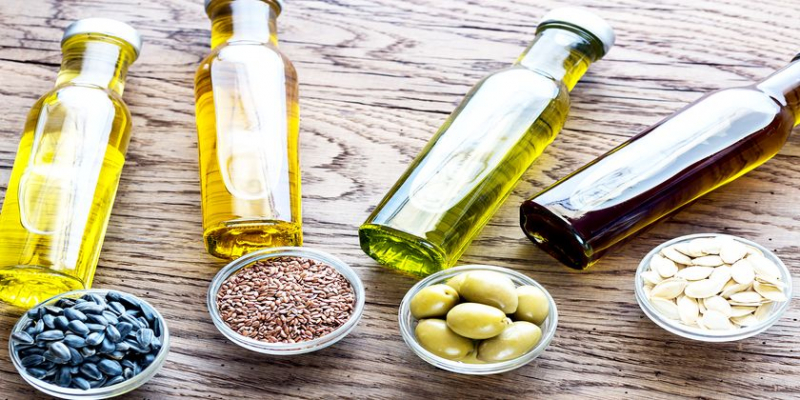
Some vegetable oils -
Making your own smoothies at home can be a tasty and convenient way to eat more fruits and veggies. Premade smoothies and fruit juice blends may seem like an easy way to achieve your health objectives and be packed with nutrients, but they are frequently higher in calories and carbs than you realize.
Especially, pre-made smoothies and smoothies from certain chain restaurants are extremely high in calories and sugar. Because they lack sufficient protein, these drinks don't have the staying power of a full-sized meal and leave you feeling hungry much sooner. When buying a smoothie while out, be sure to read the ingredient list carefully before making your order. There are numerous smoothie shops that sell products made with frozen yogurt, sherbet, and other sugar-laden additives.
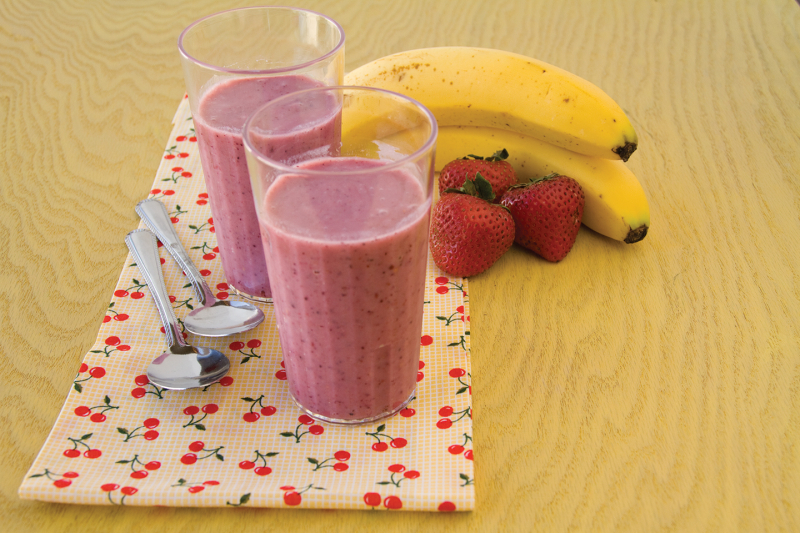
Premade smoothies 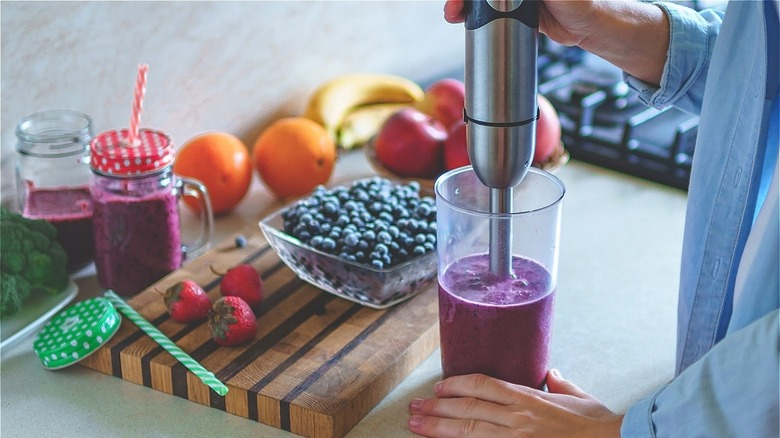
Premade smoothies -
Diet sodas are widely used around the world, especially by those trying to cut down on calories or sugar. It is essentially a mixture of carbonated water, artificial or natural sweeteners, colors, flavors, and other food additives.
Even though diet Coke has no sugar and typically no calories, research suggests that regular consumers are more likely to have specific health problems than non-consumers. For example, it's linked to a higher risk of metabolic syndrome, a set of symptoms that includes elevated levels of blood pressure, blood sugar, and fat in the blood, as well as belly fat. The desire for highly palatable foods like calorie-dense sweets may increase due to diet soda's modification of brain reactions to food, according to research. But you should keep in mind that not all artificially sweetened sodas are low in calories or sugar-free, some use both sugar and sweetener.
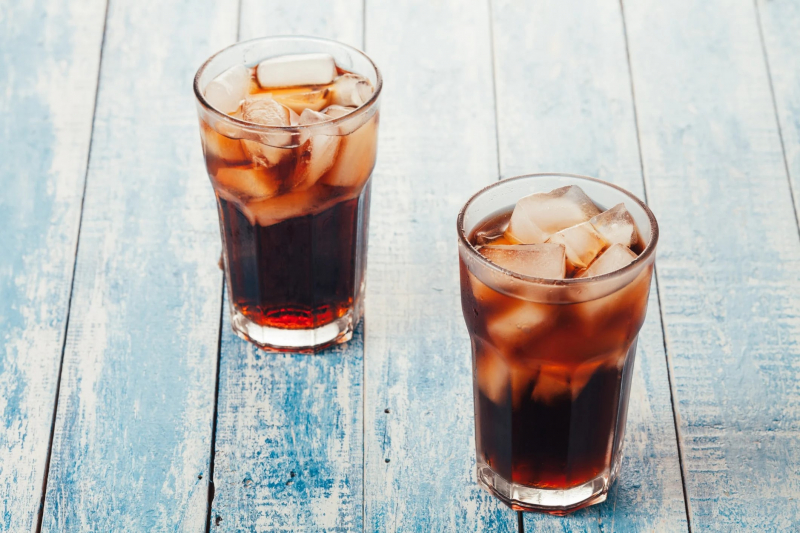
Diet soda 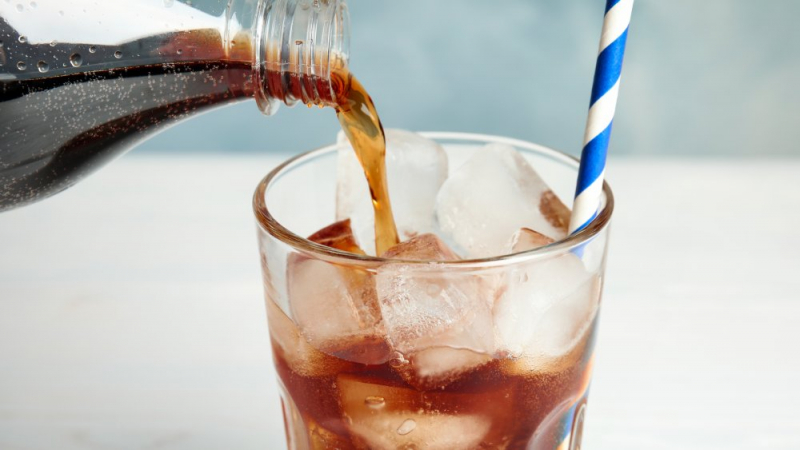
Diet soda












